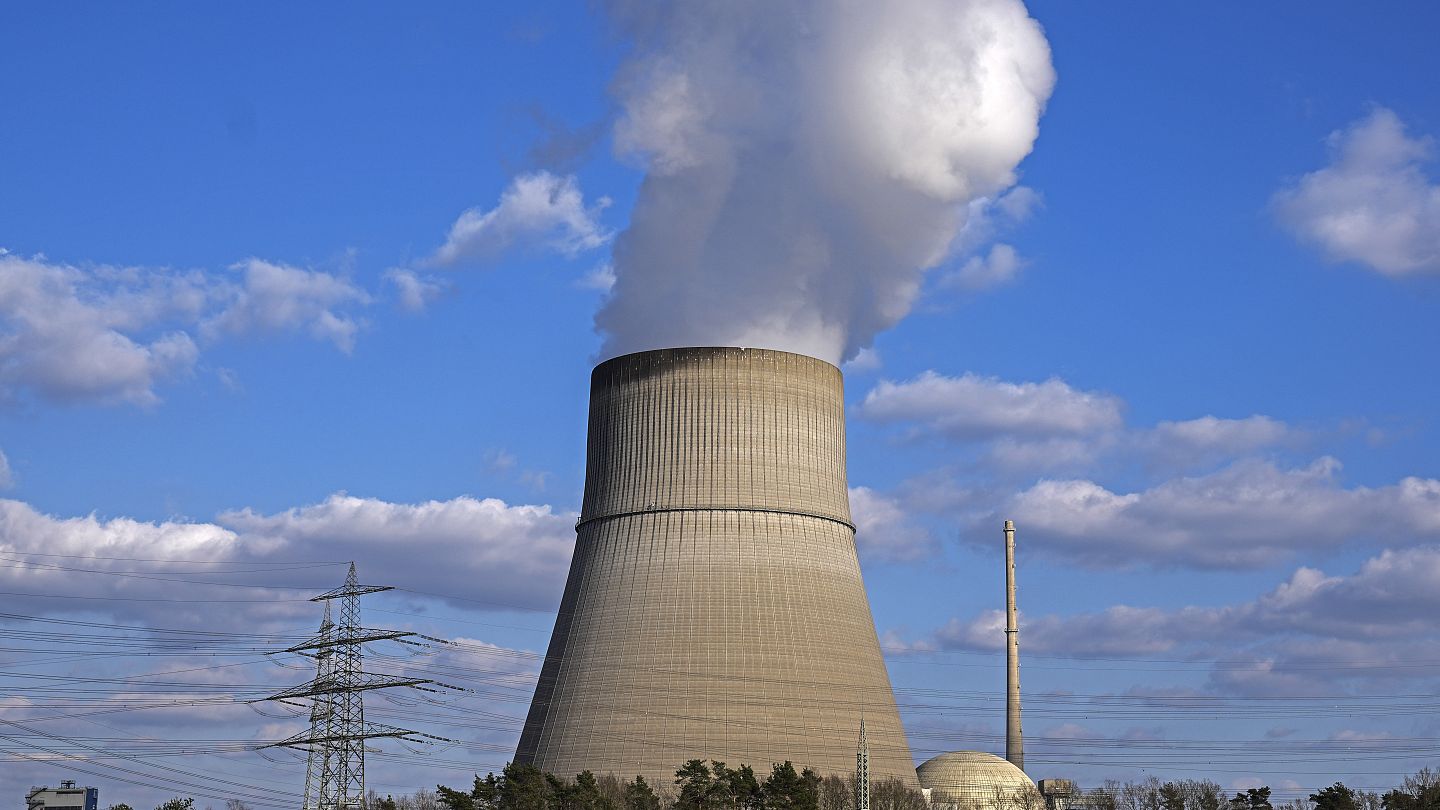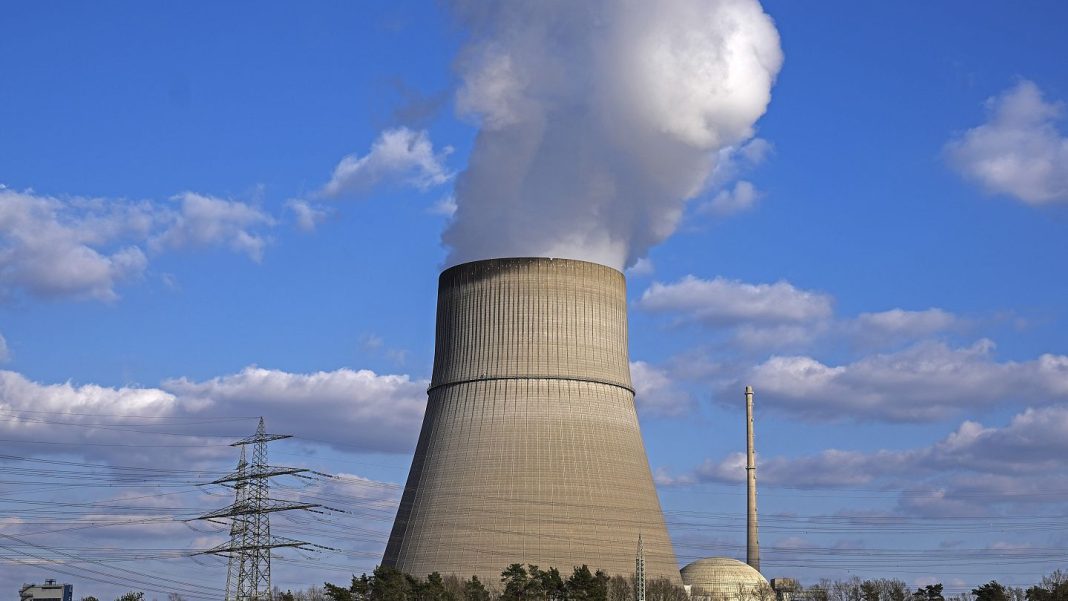 The debate over the use of nuclear power in Australia has sparked discussions among local residents and politicians in the towns where nuclear plants have been proposed. The plan, which would commence if Peter Dutton becomes prime minister, includes the construction of nuclear plants in various regions across the country. The Liberal-National Coalition’s proposal suggests that some reactors could be operational by 2035.
The debate over the use of nuclear power in Australia has sparked discussions among local residents and politicians in the towns where nuclear plants have been proposed. The plan, which would commence if Peter Dutton becomes prime minister, includes the construction of nuclear plants in various regions across the country. The Liberal-National Coalition’s proposal suggests that some reactors could be operational by 2035.
Supporters of nuclear power argue that it would bring significant benefits to their communities. David West, a resident of Gladstone, expressed his full support for nuclear power in the Callide area of Queensland. Mr. West, whose father had advocated for nuclear power while working in government, believes that nuclear power should have been implemented 25 years ago. He highlighted the soaring power bills for businesses in the region, which have increased from $20,000 to over a quarter of a million dollars. With nuclear energy, these bills are expected to decrease by around 75 percent. Mr. West emphasized the potential for increased profitability and local manufacturing if power bills were to drop even by 50 percent.
Addressing concerns about the safety of nuclear energy, Mr. West refuted claims made by activists who argue that it could result in physical harm. He highlighted the advancements in modern nuclear reactors, which can be shut down within minutes compared to the weeks it took older reactors like the one at Chernobyl. Additionally, he pointed out that Australia has geographically stable land, making it an ideal location for nuclear plants.
On the other side of the debate, the Australian Greens firmly advocate for phasing out nuclear power due to the perceived risks associated with it. They believe that there is no effective way to address a nuclear disaster and emphasize the potential catastrophic consequences for humans and the environment.
Another resident of Gladstone, Anthony Sophios, supports nuclear power due to concerns about habitat loss from other forms of renewable energy. He mentioned the criticism faced by the Clarke Creek wind farm for its impact on deforestation, as raised by Rainforest Reserves Australia. Some environmental groups are calling for a halt to renewable energy developments due to concerns for wildlife.
The perspectives of politicians in the region also vary. Gladstone Regional Council Councillor Kahn Goodluck opposes the idea of a nuclear power plant in Gladstone, stating that the community’s energy future does not have to be radioactive. He believes that the region has been making progress in transitioning to renewables and does not need or want expensive and radioactive nuclear energy.
On the other hand, federal Member for Callide Colin Boyce argues that the Callide power station would be crucial for the nearby township of Biloela and contribute to Australia’s goal of achieving net-zero emissions by 2050. He highlighted the potential job losses and negative economic impact if the power station were to close without transitioning to nuclear power.
Member for Hinkler Keith Pitt, who advocates for nuclear power, criticized intermittent wind and solar energy for increasing costs. He argued that Australia, with its nuclear submarines through the AUKUS agreement, should utilize the same technology to provide reliable and affordable energy to its citizens.
In Victoria, the Latrobe City Council recognizes the importance of diverse energy sources but emphasizes the need for community consultation on all relevant factors. With the closure of coal-fired power plants, such as Mount Piper Station, nuclear power could serve as an additional option for existing workers. A recent report by the U.S. Office of Nuclear Energy highlighted the potential for increased employment opportunities, higher-paying jobs, and boosted local economic activity during the transition from coal to nuclear energy.
The debate surrounding nuclear power in Australia is multifaceted, with proponents highlighting its potential economic benefits and stable energy supply, while opponents express concerns about safety risks and habitat destruction from alternative renewable energy sources. As the country continues to grapple with its energy future, it is essential to consider all perspectives and engage in thoughtful discussions that prioritize the well-being of both communities and the environment.


